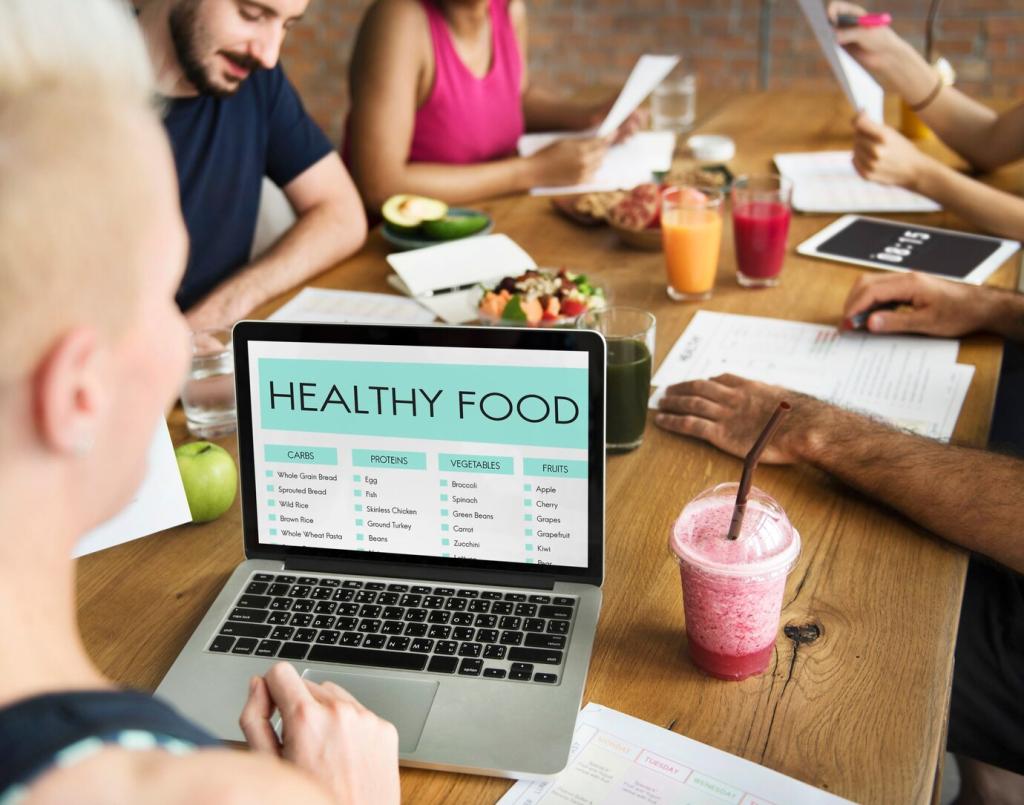Communicating Offline in a Digital World
Why Offline Still Matters
Studies suggest that empathy increases when we can read tone, posture, and facial expressions in real time. The simple act of putting a phone away signals that someone matters. Try it during your next coffee—your attention is a gift, and people feel it immediately.
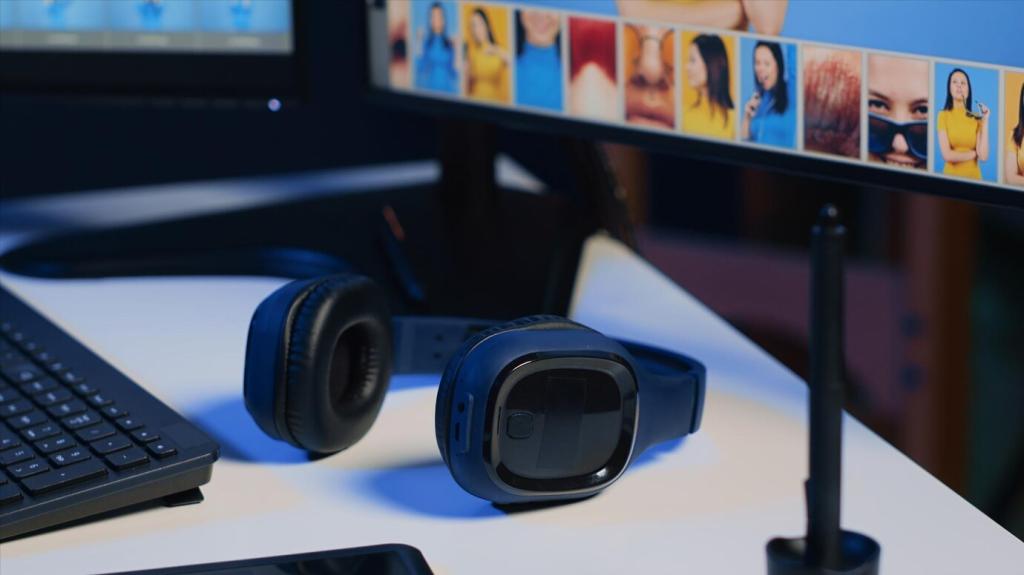

Why Offline Still Matters
Handwriting engages the brain differently than typing, improving recall and comprehension. Bring a notebook to your next meeting or class and notice the difference in what sticks. Then share what you remembered later, and encourage others to test the shift with you.
The Basket by the Door
Place a small basket at your entrance and drop phones there before meals or gatherings. Name it playfully—“the conversation keeper”—and watch tensions ease. Guests often follow your lead, and the table shifts from hurried updates to generous storytelling.
Walking Meetings with Purpose
Swap a video call for a walking meeting in a safe, familiar area. Movement loosens thinking, and a shared pace invites candor. End by voice-memoing agreed actions together. Share your route and reflections afterward so others can borrow your approach.
Sunday Evening Analog Hour
Light a candle, silence devices, and write a letter, sketch, or read a paperback. Invite your household to join. Over time, this ritual becomes a soft landing for the week ahead. Tell us what you created and how your mood changed afterward.
Listening with Your Whole Body
Align Your Posture, Align Your Attention
Angle your body toward the speaker, soften your shoulders, and keep your eyes comfortably on theirs. Nod occasionally to acknowledge understanding rather than to rush them. When your body says “I’m here,” people risk sharing what truly matters.
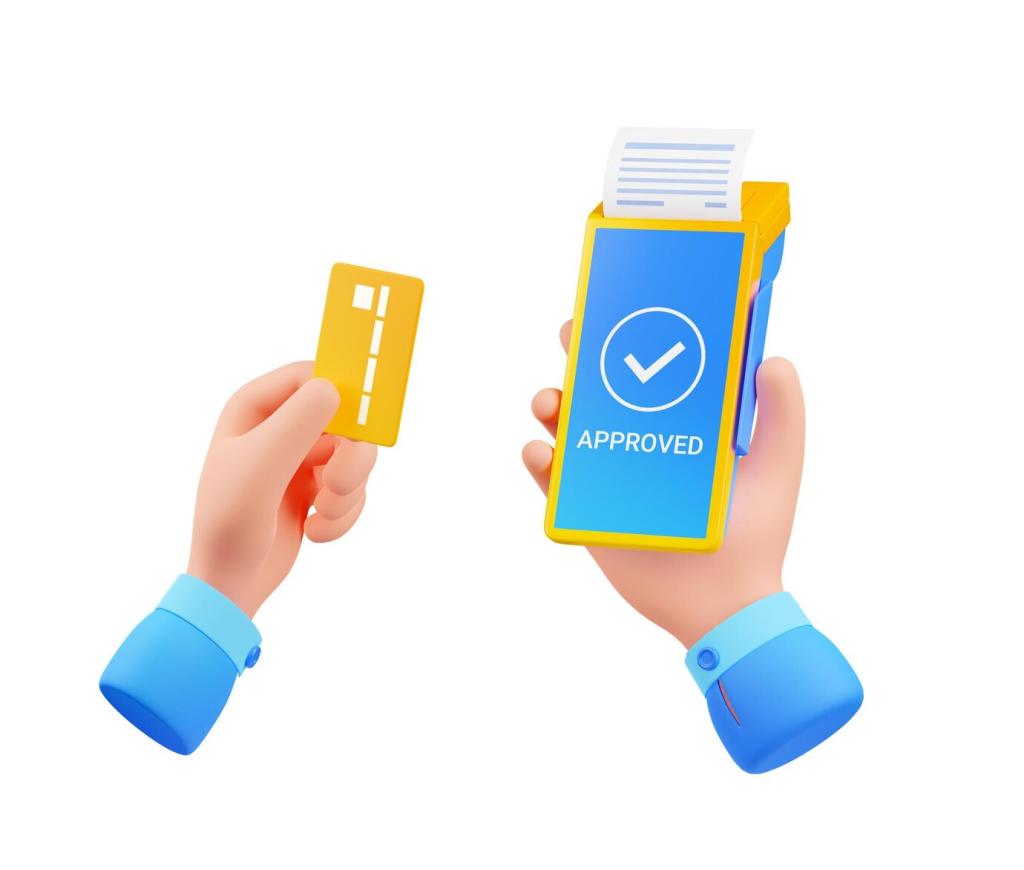
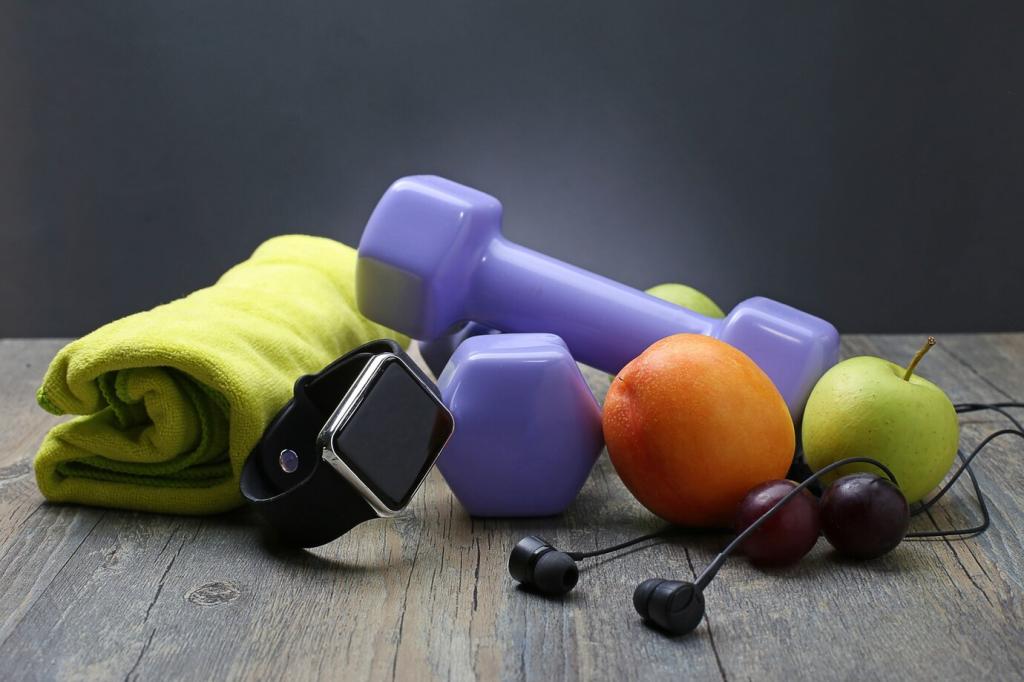
The Handwritten Thank-You that Lingers
A handwritten thank-you travels further than a quick message. Mention a specific moment, describe how it impacted you, and include a line of future hope. People keep these notes for years, revisiting them when confidence flickers. Share your note-writing ritual with our community.
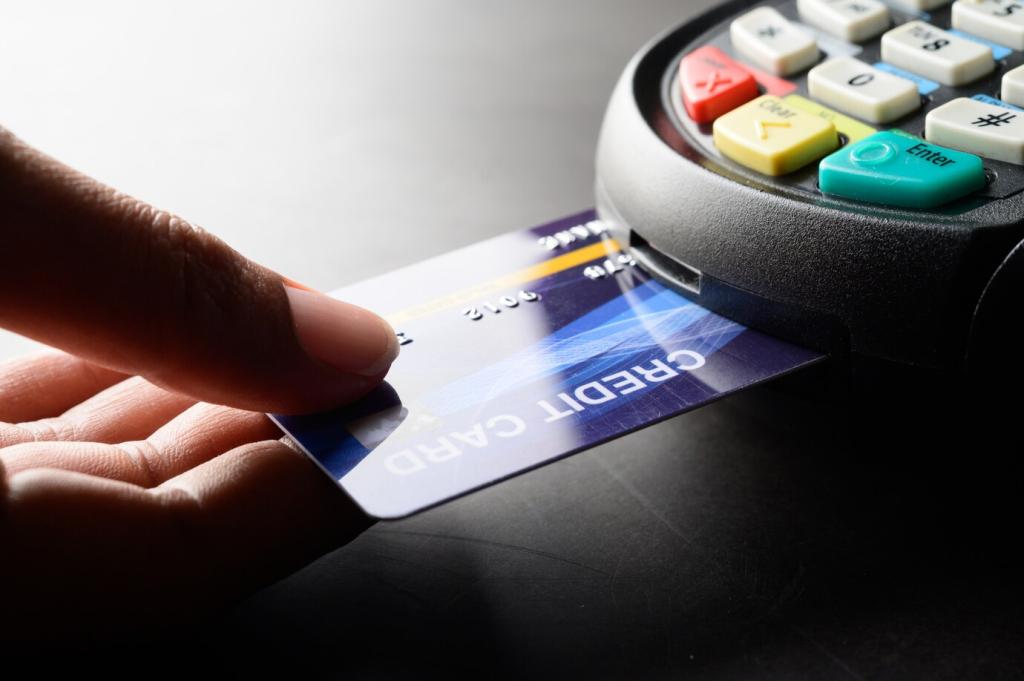
Postcards with Purposeful Constraints
A postcard’s tiny canvas forces clarity and warmth. One brief story, one image, one wish. The physical stamp says you planned this moment. Start a monthly postcard club and swap themes; then post a photo of your stack to inspire others to join.
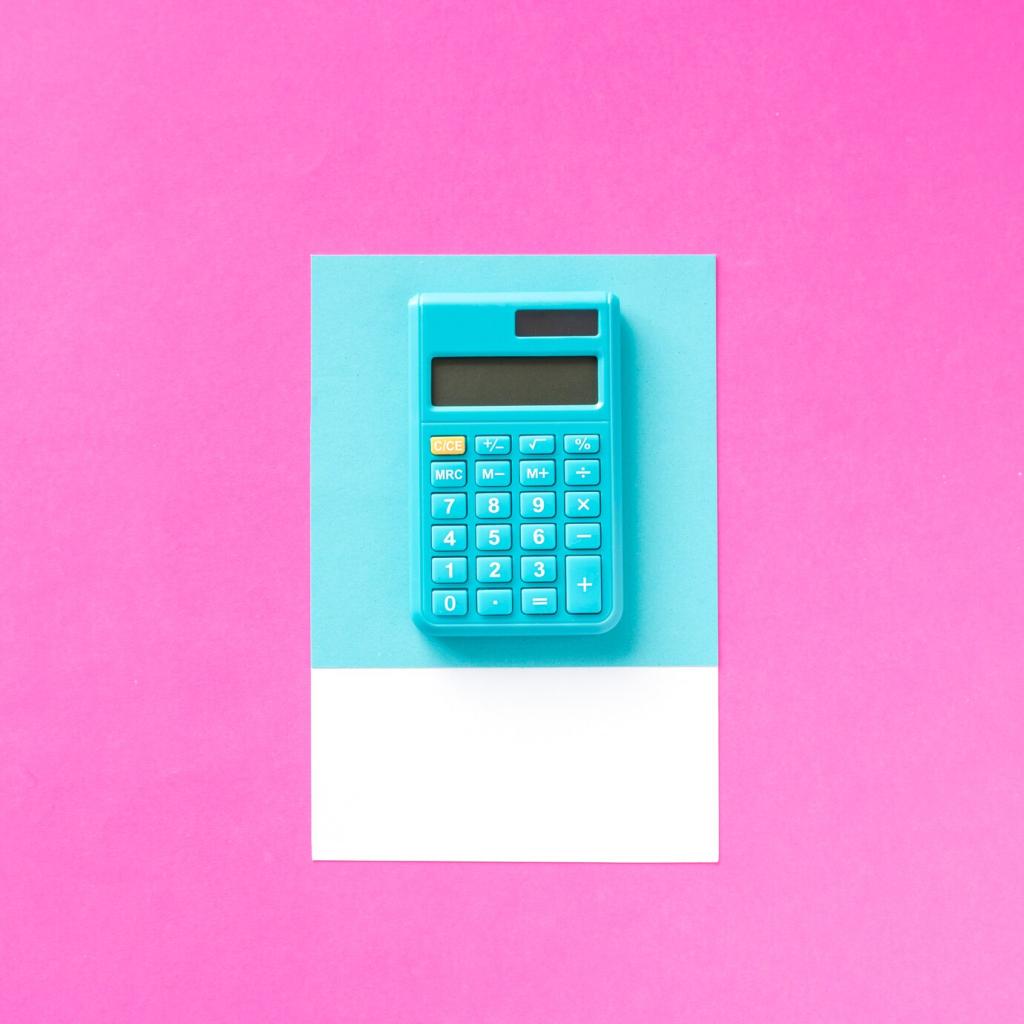
Pen-Pal Projects for Families and Teams
Pair up across generations or departments. Exchange letters about small joys, not just big wins. A colleague once wrote to a new hire about the office coffee aroma at dawn, and the simple image made onboarding feel welcoming. Try it and report your favorite lines.
Public Spaces that Spark Conversation
Libraries host reading circles, workshops, and quiet tables where slow conversation feels natural. Ask a librarian about local events, or post a handwritten invite on the community board. Afterward, tell us who you met and what unexpected topic captured the room.

No-Laptop Meetings with Clear Outcomes
For short strategic sessions, go device-free and appoint a rotating scribe with paper. Start with purpose, end with next steps, and share a photographed summary afterward. The lack of keyboards reduces performative multitasking and draws focus back to the humans in the room.
Whiteboards and Paper Prototypes
Sketching together creates shared understanding fast. Keep stacks of sticky notes and thick markers handy. When ideas are tangible, debates become playful rather than personal. Invite colleagues to vote with dots, then post the board snapshot, and celebrate the messy beauty of progress.
For one week, greet three people daily with steady, warm eye contact and a sincere question. Record how the exchanges feel on paper. Notice shifts in your mood and theirs, then share your favorite encounter to inspire someone else to try tomorrow.
